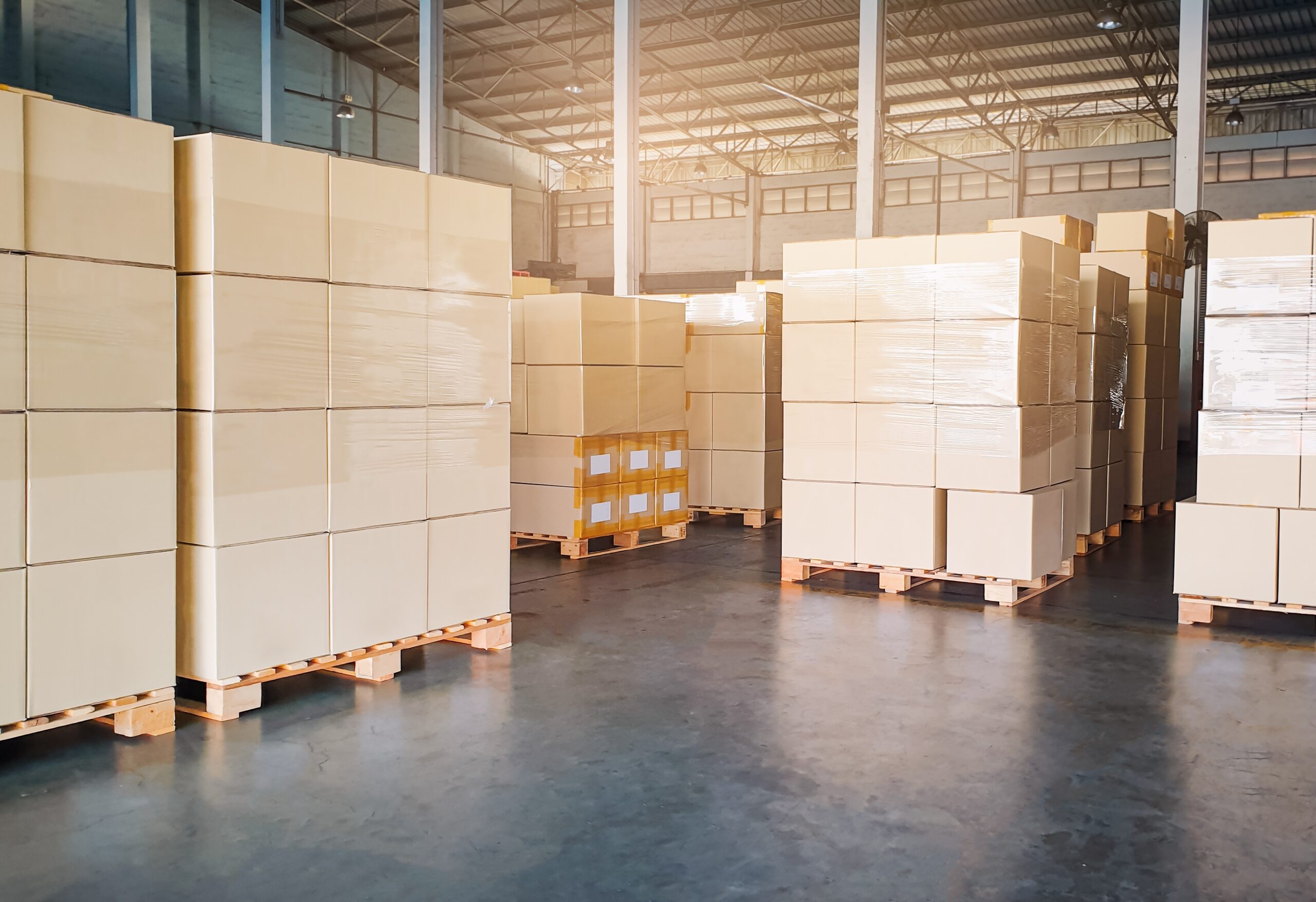The packaging industry is undergoing a profound transformation as sustainability, regulation, and consumer awareness converge to redefine business priorities. In recent years, companies have faced growing pressure to adopt eco-conscious packaging materials, optimise waste management, and embrace circular economy principles. The shift is not just a moral choice—it’s an operational and strategic necessity that determines brand reputation, compliance, and long-term profitability.
The push toward responsible production
Environmental concerns have placed packaging under intense scrutiny. Businesses are increasingly re-evaluating how their packaging affects both customers and ecosystems. From plastic reduction initiatives to innovations in biodegradable materials, there’s a renewed focus on lifecycle design—creating packaging that can be reused, recycled, or repurposed effectively. Consumers now expect brands to demonstrate transparency in how their packaging choices align with broader sustainability goals.
For many businesses, this transformation involves rethinking their entire supply chain. It means assessing sourcing methods, working with sustainable suppliers, and integrating recycling partners. Retailers and manufacturers alike are recognising that environmental compliance is no longer just about ticking regulatory boxes—it’s a key component of brand trust and loyalty.
Regulation as a catalyst for innovation
Government legislation has become one of the most significant forces shaping the future of packaging. New waste management laws, recycling targets, and eco-design requirements are encouraging companies to innovate rather than merely comply. These regulations push firms toward solutions that minimise waste and prioritise material recovery.
This evolution is particularly visible in the United Kingdom, where extended producer responsibility schemes are reshaping the landscape. These initiatives require producers to take greater accountability for the entire lifecycle of packaging materials, from design to disposal. Such responsibility encourages sustainable thinking at every level of production.
In this context, businesses have started exploring frameworks like EPR packaging UK, which help define responsibilities, improve traceability, and promote circular material flows. By participating in these schemes, companies not only ensure compliance but also position themselves as leaders in environmental stewardship—appealing to a growing base of eco-aware consumers.
Collaboration and technology at the core
Technology plays a critical role in modern sustainability practices. Digital tracking systems and advanced data analytics are helping companies monitor packaging waste, measure recycling rates, and forecast future sustainability targets. Platforms that support material traceability make it easier for organisations to document compliance while streamlining operational efficiency.
Collaboration across industries is also becoming vital. Retailers, manufacturers, recyclers, and policymakers are working together to develop frameworks that balance commercial interests with ecological goals. Such partnerships often lead to new innovations in materials science, including compostable films, paper alternatives to plastic, and lightweight solutions that reduce transportation emissions.
The economic case for sustainability
Sustainability isn’t just good for the environment—it’s good for business. Companies that adopt sustainable packaging practices often see long-term cost savings from improved efficiency and reduced waste. Moreover, eco-friendly brands tend to perform better in markets where customers prioritise ethical choices.
Investors, too, are paying attention. Environmental, Social, and Governance (ESG) criteria are increasingly influencing funding decisions. Businesses that fail to adapt risk being left behind—not just by consumers, but by financiers seeking responsible investments.
Looking ahead: A circular future
The future of packaging lies in circularity—designing systems where materials maintain their value and utility for as long as possible. This means prioritising reuse, recyclability, and the recovery of materials from waste streams. Circular practices will require a combination of innovation, collaboration, and commitment to sustainability principles.
For businesses, the road ahead is both challenging and full of opportunity. The shift toward sustainable packaging is no longer optional—it’s a defining feature of modern industry. Those who act now to align with environmental goals will not only meet compliance standards but also strengthen their competitiveness in a changing global market.




